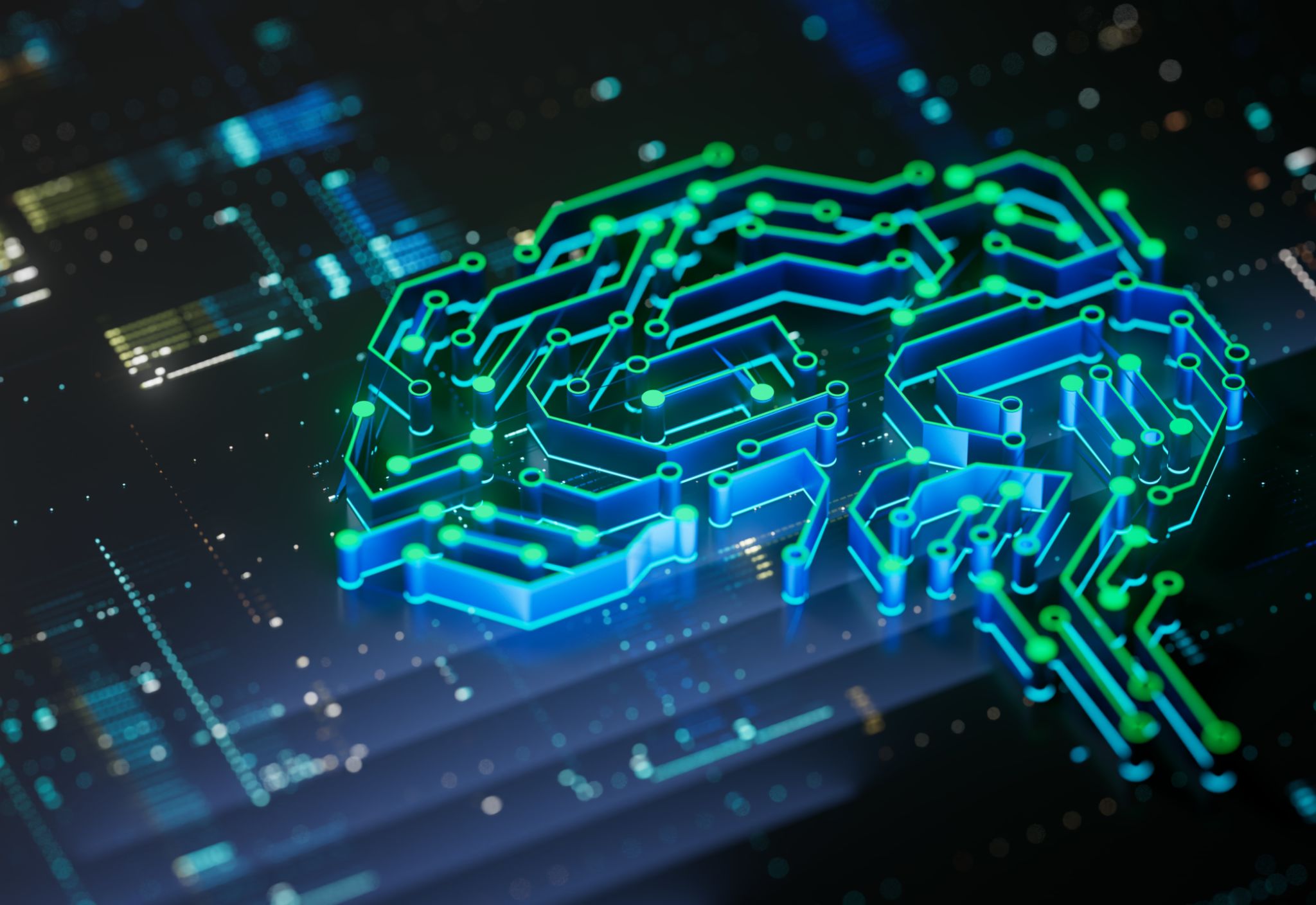A Comprehensive Guide to Understanding Agentic AI
AI
What is Agentic AI?
Agentic AI refers to artificial intelligence systems that possess a level of autonomy and can make decisions or take actions without direct human intervention. These systems are designed to operate independently, solving problems and performing tasks in dynamic environments. The concept of agentic AI is crucial in the development of more advanced, robust, and versatile AI applications.

Unlike traditional AI, which follows predefined rules and procedures, agentic AI can adapt to new situations through learning and decision-making processes. This ability makes it particularly useful in areas where human-like thinking and responsiveness are required. As technology advances, the potential applications of agentic AI continue to expand, shaping various industries and transforming the way we interact with machines.
Key Characteristics of Agentic AI
Agentic AI systems are characterized by several distinct features that differentiate them from other types of AI:
- Autonomy: They can operate without continuous human input, making decisions based on their programming and learned experiences.
- Adaptability: These systems can learn from their environments and adjust their behavior to improve performance over time.
- Goal-Directed Behavior: Agentic AI is designed to achieve specific objectives, often optimizing its actions to reach desired outcomes effectively.
These characteristics enable agentic AI to perform complex tasks in various domains, from robotics and automation to finance and healthcare.

Applications of Agentic AI
The versatility of agentic AI makes it applicable across numerous industries. In the realm of autonomous vehicles, agentic AI powers the decision-making processes that allow these vehicles to navigate safely and efficiently. In healthcare, it assists in diagnosing conditions and personalizing treatment plans based on individual patient data.
Moreover, agentic AI is employed in financial services for risk assessment and fraud detection, significantly enhancing the accuracy and efficiency of these operations. The ability to learn and adapt makes agentic AI a valuable tool in areas that require rapid response to changing conditions.
Challenges and Ethical Considerations
Despite its potential, agentic AI presents several challenges and ethical considerations. Ensuring the safety and reliability of these systems is paramount, as they often operate in critical and high-stakes environments. The unpredictability of autonomous decision-making can pose risks if not properly managed.

Additionally, ethical concerns surrounding privacy, accountability, and transparency must be addressed. As agentic AI continues to evolve, it is essential for developers, policymakers, and society as a whole to collaborate on establishing guidelines that govern its development and deployment responsibly.
The Future of Agentic AI
The future of agentic AI is promising, with advancements likely to drive significant progress in numerous fields. As these systems become more sophisticated, their ability to enhance human capabilities will lead to innovative solutions for complex global challenges. However, balancing innovation with ethical responsibility will be crucial in ensuring that agentic AI benefits society as a whole.
Continued research and collaboration among technologists, ethicists, and regulators will play a vital role in shaping the trajectory of agentic AI. By fostering an environment that encourages responsible development, society can harness the full potential of this transformative technology.
